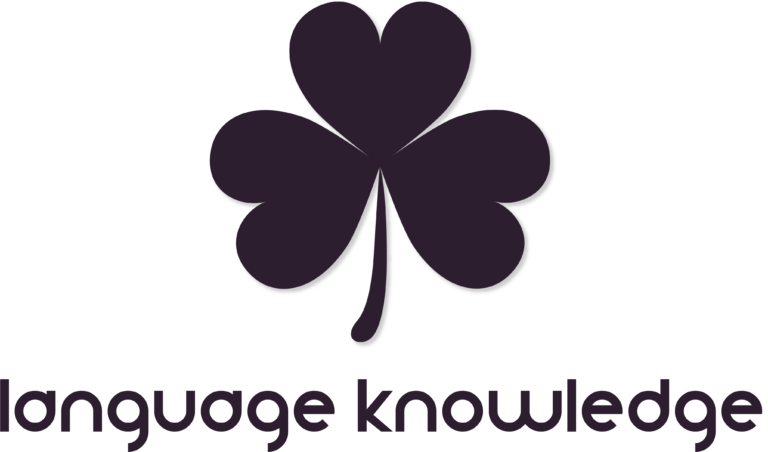What is conditional 2 simple?
The conditional 2 simple is mainly used for the subjunctive 2 in English. Furthermore, the conditional 2 in English is used in the type 3 IF-Sentence, which contains an impossible condition
Conditional perfect formation
Regular formation of conditional perfect
would have + Infinitive + „-ed“
The formation of the Conditional 2 is also simple. Because from a normal sentence, you just have to write would have in front of your verb and add “-ed” to your verb. However, you must follow the correct English word order.
would not have + Infinitive + „-ed“
Accordingly, the negation is not much hard, because you only need to write a not between your would and have.
Irregular:
In contrast to the usage, or the general apprehension, there are no irregularities in the conditional 2 in English!
What has to be considered in the conditional perfect tense!
Spelling:
1. Verbs whose end is a consonant + “-y”:
Here, the “-y” becomes an “-i”:
- tidy becomes tidied
2. Ends the verb with “-e”.
This eliminates the “-e”:
- love becomes loved
- like becomes liked
3. Ends the verb with “-er”,”-ur” or “-ir“:
Thus, the “-r” doubles in the formation:
- prefer becomes preferred
4. Ends the verb on a consonant with a simple, short, emphasized vowel:
This doubles the consonant.
- stop becomes stopped
(Vowel = a, e, i, o, u)
Just no confusion:
Both “would not” and “I would” are equated with “wouldn’ t” or “I’d”.
Conditional 2 simple examples
Normal sentences
I would have learned.
Negative sentences
I would not have learned. / I wouldn’t have learned.
interrogative sentence
Would I have learned?
Conditional 2 simple signal words
Therefore, the first use (If-sentences) must have an If. However, there are no real signal words per se.
How to use conditional perfect!
- As a result, the conditional 2 is used in the main clause of a type 3 IF-sentence, which contains an impossible condition.
- Moreover, the conditional perfect is still used in subjunctive 2.
(Example: We would have won anyone.)
About me
Hey, formerly I thought that learning languages was an innate one. Either you can speak English perfectly or not and no matter how much you learn – “I do not write a good grade in English anyway.” But I quickly learned that you do not know everything in your mother tongue.
After a while, I gave myself one last chance to learn English. Only this time I limited myself to the essential points.
That means for me verbs: the form – examples – signal words & the usage
This method enabled me to learn English faster than ever before.
Since then I know that learning to talk is not innate. And through that realization, my visionhas become to offer other students the opportunity to learn English, just like I did back then. Now I ask you to help me by sharing this article with your friends! Thanks a lot!
You read: Conditional 2 simple | Conditional perfect





